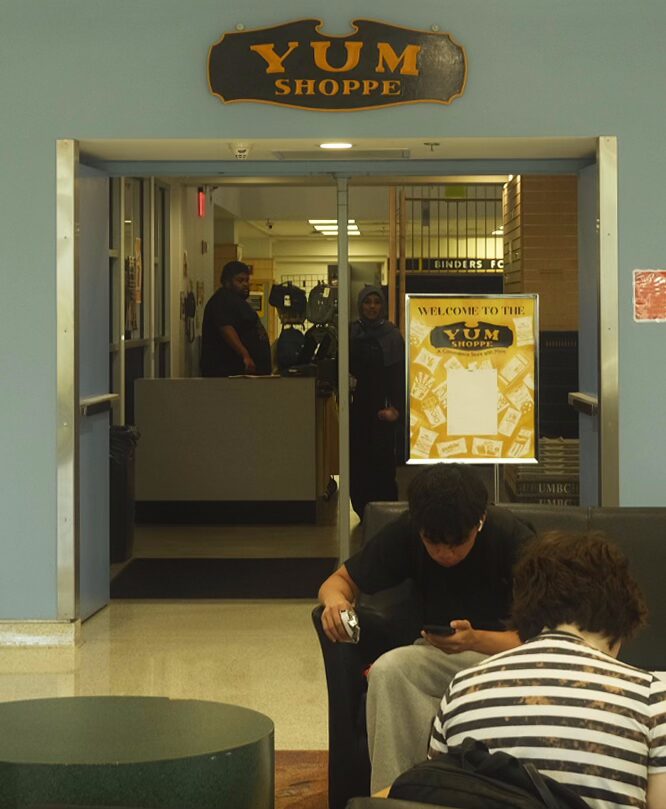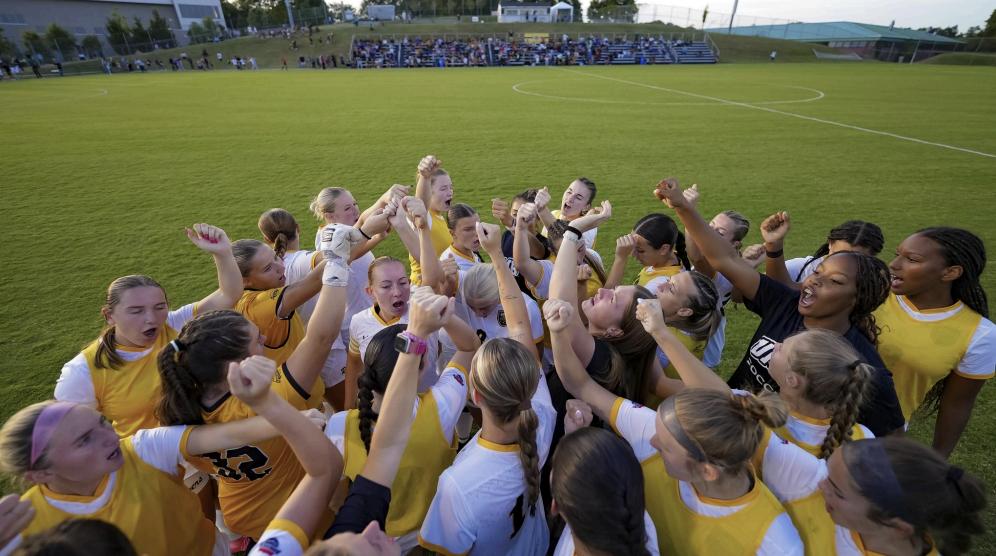Bentley Corbett-Wilson, a candidate running for SGA president, elaborates on his platform and other points relevant to his campaign. His goals include providing rewards for tailgating and tackling sexual assault issues on campus.
On April 20 through 22, students will decide who will serve as their next SGA president. This election season, Bentley Corbett-Wilson, a junior music education major, is a candidate in the race. He is currently serving as the Director of Leadership Development for SGA.
What tactics will you use to change the attitude of the students regarding SGA?
I think, over the past couple of years, certain campaigning strategies of some of the candidates have tarnished the image of the SGA. Kelly and I have really established ourselves as people who students can trust and have faith in. With SGA and (seb), I’ve done a few different initiatives, including helping out with schedules for dining options. The image that the two of us created for ourselves is really positive, and it’s something that we really want to bring into SGA.
How will you change or expand the existing First Year Ambassador Program?
I currently run the FYA program as the director for leadership development, and some of the first year ambassadors that we have had are running for senate and finance board positions. I think we really need to select these students from diverse populations, making it a more selective program but still something that everyone can participate in. I feel we don’t have enough commuters or out-of-state students or international students, even. That’s something me and Kelly will talk about if we ever do get elected. And, honestly, if we don’t get elected, I would still like to work on that.
What type of rewards did you want to implement with the red card system?
Something we really want to do is work with the bookstore and athletics so that, if you swipe in at any athletic event, you get points. Depending on how many points you get, you that percentage off at the bookstore. Say you get 2 points per game, you attend 5 games, you get 10 points total, which would be 10% off at the bookstore. We don’t want to make it too high, so we’d cap it off at maybe 20-25%. We’ve talked to athletics and the bookstore, and they are really gung ho about it. We have a lot of faith that this is actually an initiative that we might be able to finish, even before we actually get into office (if we get lucky).
Why are you targeting tailgating as a route to increase school spirit when it seems that so much of the campus already doesn’t have an interest in it?
I think that tailgating is a way to possibly spark that kind of interest. Organizations, even if they aren’t sports-related, could also use tailgating to get word out about themselves. And it seems to make sense that at least some of the students that do go to the tailgating would possibly go to the games. It’s something that we really want to try to change about campus. As a school, coming from the student fee advisory board, we don’t want to increase student funds for the athletic fee. (Editor’s note: The Student Fee Advisory Board reported that 69 percent of students rated their approval of an increased athletics fee at two or lower on a scale of one to five.) I don’t think that you have to increase fees to increase the spirit that students have for their athletic teams. If it doesn’t end up working, I think that’s ok. You get to learn from your mistakes and find a different way to move about things. It’s a process.
What do you and Kelly mean when you say that SGA rhetoric is “often undefined in scope and too idealistic?” Are there candidates in the race who you think this applies to?
It’s very important to us that we change the image of SGA, because a lot of students have lost faith in it. I hate the fact that students only hear about SGA during election times. I want that to be a year round thing. I think setting high expectations for next year’s SGA is going to be super important in making this happen. As far as things being too idealistic, I hate to badmouth other campaigns, but I do believe that Anthony and Daniel’s campaign seems a bit too idealistic. I don’t think that they’ve actually taken into consideration the logic and the financing between everything that actually needs to happen to make all of the things in their platform happen.
Can you explain what you mean by “a more structured and permanent Mental Health Committee,” as described in your AMA?
The different mental health related bodies on campus – including NAMI, UHS, psychology department – I believe they already have meetings that are open to the public, but there’s no actual structured committee that has them meeting at a certain time, or actually publicized the meeting info so people can attend. I really want to make that something that everyone is aware about. I feel there are a lot of students on this campus that have a lot of ideas about how to improve mental health and get awareness out about how to improve it, but they don’t really have the means to give their ideas. I think publicizing a mental health committee that includes all the people from the departments I listed would be really beneficial to actually making even more changes to improve mental health on campus. That committee needs to be more structured so they’re able to publicize things on MyUMBC and Facebook and recruit members, and get ideas about making polls and events. We’re meeting with some of the key stakeholders involved to see what actually is in place and how we can build off of that and improve the work that they’ve already done.
How exactly do you plan to rework the sexual assault policy at UMBC?
That’s something we are currently talking to some students about — how they feel about the policy and in what direction it needs to be steered, especially to include more lingo about LGBTQIA. There’s nothing specifically in the policy about that community, and I think it’s important to include all different communities when it comes to sexual assault, especially if things are happening that people may not know about. It’s a lot of stuff that we really need to research about and come up with more structured ideas about how to improve. It’s something we think that we really should stress SGA to work on, and we will be key stakeholders in helping to set that tone for students in SGA.



